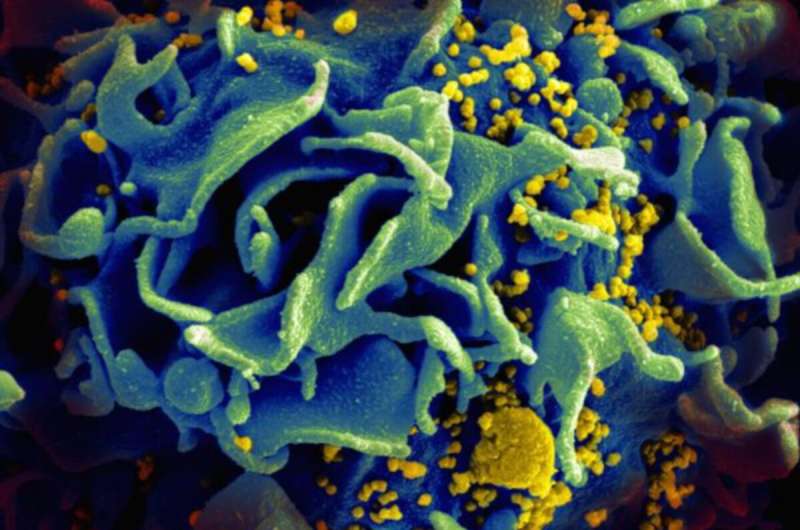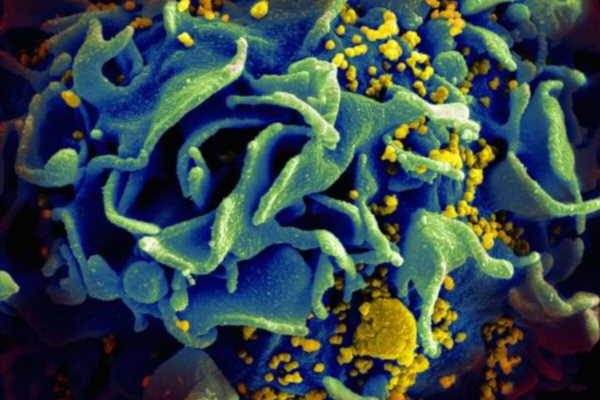
State laws in the US that require medical doctors (MDs) to determine which medications a nurse practitioner (NP) or physician assistant (PA) can prescribe, and under what conditions, may limit the number of patients who use HIV pre-exposure prophylaxis (PrEP), reports a study in The Journal of the Association of Nurses in AIDS Care (JANAC).
Previous research found that some MDs were not willing to prescribe PrEP, or had reservations about prescribing, PrEP to certain or all indicated populations. These findings suggest people with indications for PrEP may confront an access barrier if they live in a state that restricts scope of practice and are in the care of NPs and PAs being supervised by MDs not knowledgeable about, who hold a contrary attitude toward, or are unwilling to prescribe PrEP, according to Neal A. Carnes, Ph.D., and colleagues of the Division of HIV Prevention at the Centers for Disease Control and Prevention (CDC). Addressing legal and policy barriers to PrEP access may be one critical step toward reaching the necessary saturation level to eliminate new infections.
New findings on how state laws affect access to PrEP
Each state has “scope of practice” laws that specify the degree of autonomy NPs and PAs have when diagnosing conditions and prescribing controlled medications. To examine whether there is a correlation between those laws and prescriptions for PrEP, Dr. Carnes and colleagues analyzed nationwide data on more than 79,000 people who received their PrEP prescription in 2017.
The research team identified statistically significant differences in the number of PrEP prescriptions written by NPs or PAs according to state scope of practice laws:
- NPs in states that allowed independent practice—meaning they can prescribe PrEP without oversight—or transition to independent practice after a period of supervision, were 40% more likely to prescribe PrEP than NPs in states that required oversight by an MD
- PAs in states where the law or a state board gives them the ability to prescribe PrEP were 2.6 times more likely to prescribe PrEP than PAs in states that required oversight by an MD
The researchers note that the federal Ending the HIV Epidemic in the U.S. (EHE) initiative, which the U.S. Department of Health and Human Services launched in 2019, aims to reduce new HIV infections in the U.S. by 90% by 2030 by scaling up key HIV prevention and treatment strategies. Increased use of PrEP is key to that effort. In 2017, 11 of the 26 states included in the first phase of EHE restricted NPs’ scope of practice by requiring ongoing MD oversight, and 23 of these 26 states granted oversight to the supervising MD to determine PAs’ prescribing authority.
Source: Read Full Article
